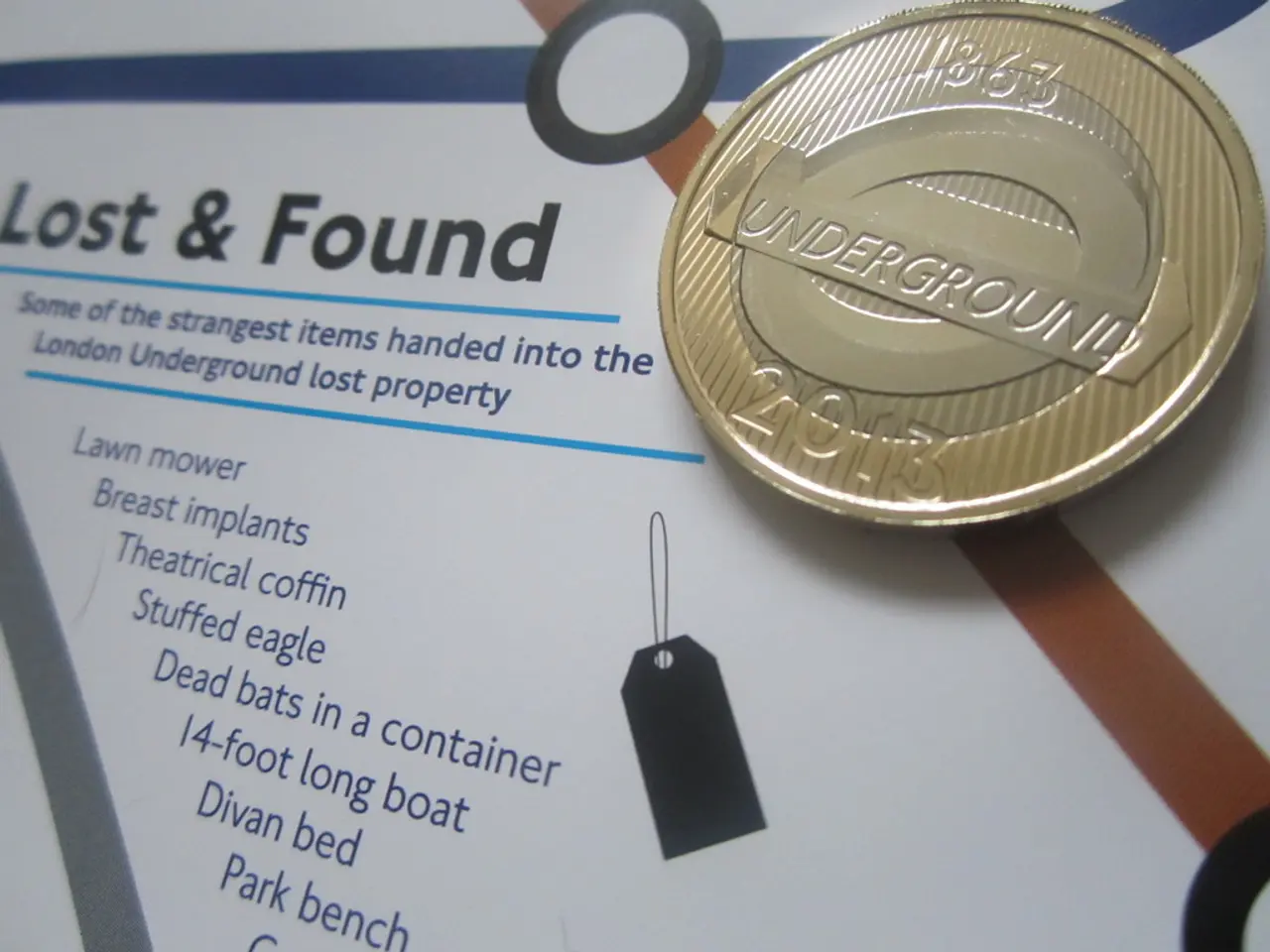Pakistan establishes PDAA to bring clarity in digital asset regulations and foster their growth.
In a significant move to bolster Pakistan's digital economy, the government has established the Pakistan Digital Assets Authority (PDAA), a dedicated regulatory body tasked with overseeing the country's digital assets and blockchain ecosystem[1]. The PDAA is set to provide a secure, Shariah-compliant, and future-focused framework for digital finance and virtual assets, aligning with international trends and standards[1][2].
Key functions of the PDAA include:
- Regulatory oversight of cryptocurrencies, blockchain, and other digital assets, ensuring a legal framework that encourages innovation while safeguarding investors[1][3].
- Tokenization of real-world assets, such as government debt, to open opportunities for institutional investors and promote blockchain-enabled financial instruments at a sovereign level[2].
- Coordination with key financial regulators, like the Ministry of Finance, State Bank of Pakistan, and Securities and Exchange Commission, to ensure cohesive policy implementation and compliance with international standards[1].
- Supporting financial innovation and inclusion by promoting digitization and Web 3.0 technologies across sectors like finance, agriculture, and mining, thereby building Pakistan’s digital economy[1].
- Supervision of decentralized finance (DeFi) platforms and other tokenized platforms, ensuring regulatory compliance and investor protection[1].
In addition, the PDAA will grant licenses to exchanges and custodians, ensuring regulatory compliance of wallets, stablecoins, and DeFi applications[1]. The PDAA's creation coincides with the government's announcement to regulate Bitcoin mining, with the aim of attracting new investments in technological infrastructure[1].
Pakistan's Bitcoin mining initiative is expected to optimize energy consumption and generate specialized employment while positioning the country within the international mining ecosystem[2][3]. Moreover, the government aims to monetize its excess electricity through Bitcoin mining, further contributing to the national digital economy's sustainable growth[1].
The PDAA aspires to lead the global digital assets revolution, aligning with international trends and following the example of countries like the UAE, Japan, Singapore, and Hong Kong[1]. The informal crypto market in Pakistan is strong due to retail adoption and mobile technology access, making the PDAA's role crucial in formalizing many informal crypto operations[1].
In conclusion, the PDAA is central to Pakistan’s strategy to build legal certainty, foster innovation, and attract global investment into the country's growing digital assets sector while maintaining alignment with global regulatory best practices[1][2][3]. The PDAA's creation is expected to boost Pakistan's national digital economy, positioning the country as a regional hub for cryptocurrency and blockchain technology.
[1] "Pakistan to Establish Digital Assets Authority to Regulate Crypto Sector," Cointelegraph, 24 March 2023, https://cointelegraph.com/news/pakistan-to-establish-digital-assets-authority-to-regulate-crypto-sector
[2] "Pakistan's New Digital Assets Authority to Tokenize National Assets and Government Debt," Finance Magnates, 25 March 2023, https://financemagnates.com/cryptocurrency/news/pakistans-new-digital-assets-authority-to-tokenize-national-assets-and-government-debt-news/
[3] "Pakistan's Bitcoin Mining Initiative to Attract Investments and Boost Digital Economy," Bitcoin Magazine, 26 March 2023, https://bitcoinmagazine.com/business/pakistans-bitcoin-mining-initiative-to-attract-investments-and-boost-digital-economy
The Pakistan Digital Assets Authority (PDAA) will provide a secure, Shariah-compliant, and future-focused framework for digital finance and virtual assets, incorporating technology like blockchain and cryptocurrencies, aligning with international trends and standards [1]. The PDAA's key functions include regulatory oversight of digital assets, tokenization of real-world assets, coordination with financial regulators, supporting financial innovation and inclusion, and supervision of decentralized finance (DeFi) platforms [1]. This regulatory body aims to lead the global digital assets revolution and attract investments in technological infrastructure, thereby boosting Pakistan's national digital economy and positioning the country as a regional hub for cryptocurrency and blockchain technology [1].




